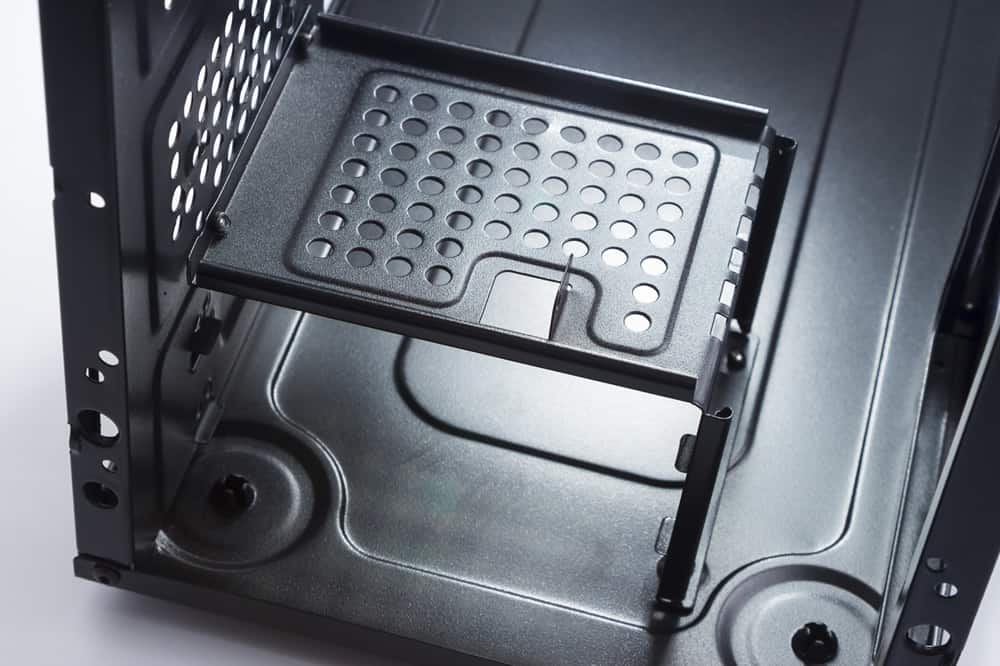Are All PC Cases Compatible?
Are all PC cases compatible with all hardware?
It’s a question you may be wanting an answer to if you’re considering purchasing a new case, or if you’re looking at building a PC from scratch.
The easy answer is no; not all cases are compatible with all PC hardware.
Let’s Start at the Beginning
You’re going to want to start by figuring out what sort of motherboard you want. This is, of course, a significant item to consider when building the PC, and will have a serious impact on how your PC functions. It will also, of course, have an impact on what size case you buy, and what sort of case your PC will need.
The most important issue with assigning your model a case is to find a case that’s compatible with your motherboard size. This is something that needs to happen early on in the process, and it’s important to get it right. If your case isn’t compatible with your motherboard, none of the rest of process will go smoothly.
Essentially, the main thing you want to consider in this area is the size of the motherboard in relation to the size of the case. In this area, it’s not so much an issue of compatibility, as it is an issue of size. Size, here, is most important because your motherboard will need adequate room to function on its own.
The question makes a lot more sense, then, and is a lot easier to answer, if we change the question: ‘Are all PC cases compatible?’ we can ask, ‘Are all PC cases the same size?’
The answer to that latter question, of course, is no. You are always going to need a container that is large enough to hold its contents.
In addition to size, you’re also going to make sure that the case has a compatible mount for your motherboard. To do this, you need to first figure out what motherboard you’re using, and then look specifically at the case specifications to figure out if your motherboard will fit inside the PC.
Motherboard Compatibility
This is the true compatibility issue between the motherboard and the PC case: Is the mount inside the case compatible for the motherboard? Will it hold the hardware in place? With this in mind, these are the questions to look for.
After you’ve determined the compatibility of the motherboard with the case, you’ll almost be out of compatibility issues. As long as you’ve made sure that these two parts are compatible with one another, you’ll be in good shape going forward; most of the rest of the pieces should fall easily into place.
Once you’ve established basic compatibility between your motherboard and its new case, you’ll want to follow a variety of other considerations when rounding out the manufacture of your PC.
It’s not exactly a compatibility issue, but you’re going to want to pay attention to the material your case is made of, and in particular, you’re going to want to check up on how that material is constructed.
Case Construction
Most PC cases (whether mid tower or not) are wrought of steel, and some of those models can feature steel that is extra thick. Thicker steel, of course, makes the case more durable, but if that steel is too thick it’s going to cause issues with the actual computer. Specifically, think of the temperature inside: A computer surrounded in thick steel is going to get hot quickly, and that by itself is a sort of compatibility issue.
If you know that your motherboard is fragile, or if you know that it’s particularly sensitive to heat, the thickness of the steel is itself an issue with compatibility; cases that are constructed in a way that’s hostile to the interior aren’t doing their job, and you shouldn’t bother spending money on them.
All told, it should be relatively easy to figure out whether or not your case is compatible with its motherboard, and, once you’ve got that out of the way, it’s going to be somewhat easy for you to figure the rest of it out.
There are, of course, other basic compatibility issues to consider, but you’re going to want to evaluate this one on (pun intended) a case by case basis. Certain motherboards are compatible with certain cases, while others aren’t. As a consumer, you need to check to make sure that everything fits before you spend your money.
Conclusion
In short, the answer to the question is that no, not all cases are compatible. But, it shouldn’t be too hard for the buyer to determine which cases are compatible with which hardware. In fact, you can measure the holes in the case and make sure they line up with your motherboard.

